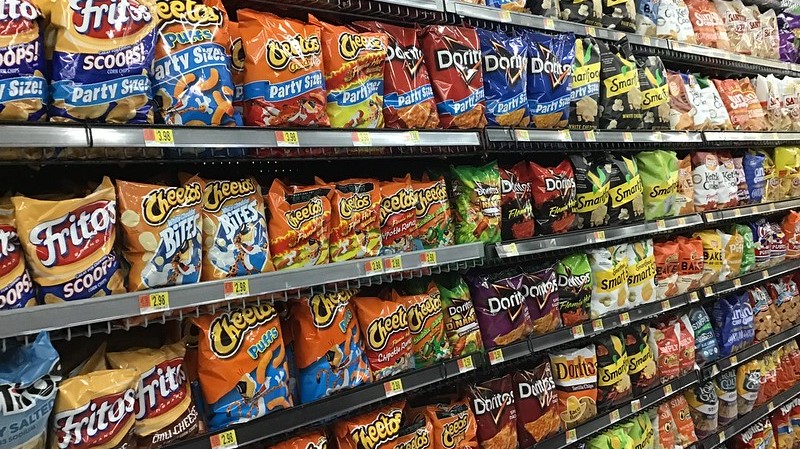The Lancet reports that Brazil’s decision to exclude ultra-processed foods (UPFs) from a new selective tax is a concerning move for public health. While sugary drinks and preservatives will be taxed, UPFs remain affordable, risking increased consumption and associated health issues. UPFs, rich in sugars, saturated fats, and sodium, but low in nutrients, contribute to chronic non-communicable diseases (NCDs) like obesity, diabetes, and cardiovascular conditions. These diseases place a significant financial burden on Brazil’s health system, with projections suggesting $700 million in UPF-related costs by 2036.
Countries like Mexico and Chile demonstrate the effectiveness of taxing UPFs, showing reduced consumption and improved health outcomes. Brazil’s exemption risks deepening health disparities, perpetuating poor nutrition among vulnerable groups.


